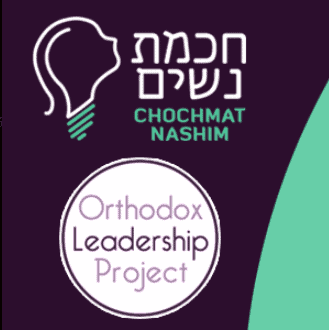Why now? That’s the question that bothers us as our parsha begins. Moses begs G-d to allow him to enter Israel — even though he has been punished by decree not to enter. Where does Moses find the “holy chutzpah” to ask G-d in this parasha if the Divine really really still means to prevent him from entering Israel with the people? What compels him to check in? To dare to ask?
The key is timing (like my grandmother, a”h, always used to say) and many commentaries note that even the verse points out that Moses asked “ba’eit ha-hi” — “at that specific moment.” What had just happened in that moment?
The kings Sichon and Og had attacked the Children of Israel, who had ended up vanquishing them and their land — and annexing their land into Israel. So… technically, Moshe is right to be confused since, technically, in the course of those battles, it seems that he has already entered Israel, by default.
